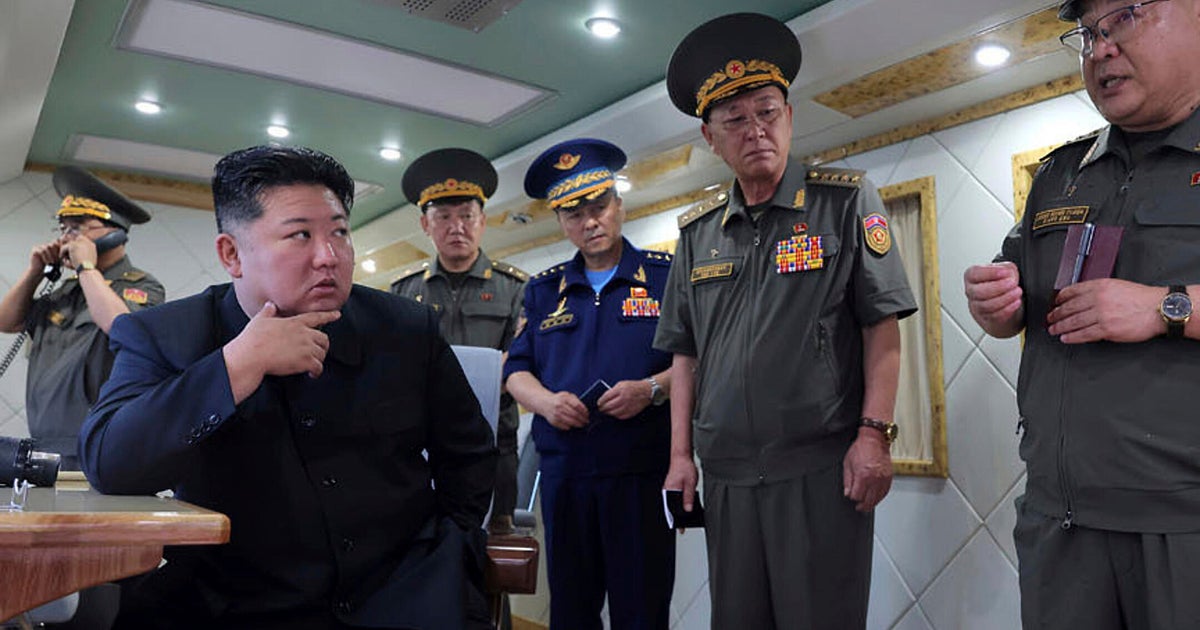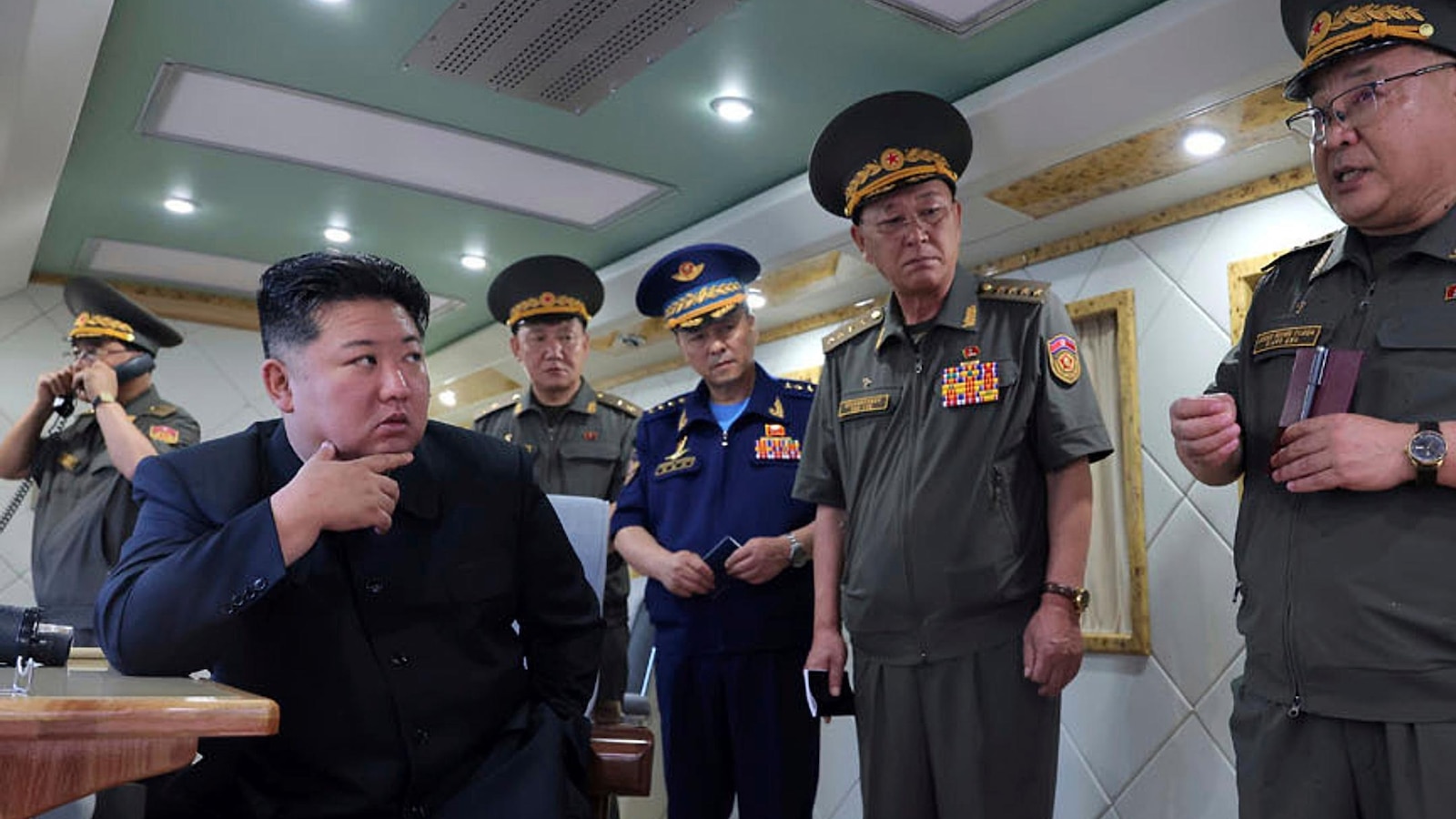
Vladimir Putin has a big call to make (Image: Getty)
Vladimir Putin could be preparing to make difficult concessions to end the war in Ukraine, according to a seasoned Kremlin observer. The Russian President travelled to Alaska to meet Donald Trump, as the US President tried to breathe new life into peace negotiations.
After three hours of talks the two leaders attended a press conference where they gave nothing away. In recent days, some of the optimism generated about the meeting has begun to fade, particularly in light of new Kremlin demands. Russia's Foreign Secretary insisted that Moscow must be given a veto over postwar security guarantees for Ukraine and said the presence of European troops in the country was "unacceptable". The Kremlin has also dampened hopes that Putin and Volodymyr Zelensky might soon hold direct talks, insisting due process must be followed before any meeting can take place.

Putin was given a warm welcome by Donald Trump (Image: Getty)
The new demands from Moscow have led many to believe that Putin is not interested in genuine peace talks and has no real incentive to stop the war. The Kremlin believes it holds the advantage on the battlefield and that its forces are poised to make major breakthroughs that would allow it to gobble up even more Ukrainian territory.
However, a seasoned Russian journalist with close ties to the Kremlin thinks she has identified two crucial signs that suggest the Russian tyrant may be about to sue for peace.
Farida Rustamova is an author and editor, who has previously worked for the BBC and the Russian independent investigative outlet Meduza. In her Substack blog, she wrote that the Kremlin has remained tight-lipped about the summit outcome and that this secrecy may be a sign that Putin is seriously contemplating concessions.
She added: "Some unusual behaviour from Putin before and after the Alaska summit may also indicate preparations for a peace agreement. In particular, Putin made 12 calls to world leaders in the days before meeting Trump, and 10 more afterward. Those on Putin’s list included the leaders of post-Soviet states, as well as the presidents of South Africa, India, and Brazil.
"Official information about the calls was limited, but the Kremlin did say that they were about the negotiations with Trump. There has not been such intensive Russian telephone diplomacy since the full-scale invasion of Ukraine."
Rustamova noted that in another interesting political move, Putin held special meetings before and after the summit in the Kremlin's ornate Catherine Hall.
"This inevitably prompted associations with the famous Security Council meeting just prior to the war, held in the same room and broadcast on live TV, in which Putin interrogated his subordinates about what Russia should do in Ukraine," she said.
"It’s possible that the two recent meetings were— just as in 2022 — about Putin seeking to establish collective responsibility ahead of a major decision — in this case, concessions as part of a peace deal.
"Sources with experience of the Russian political system said it was a fair assumption that the goal of the meetings was to spread the responsibility for a potentially difficult decision."

 13 hours ago
1
13 hours ago
1










 English (US) ·
English (US) ·